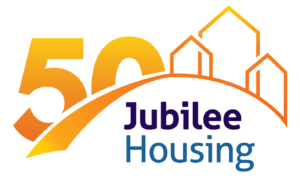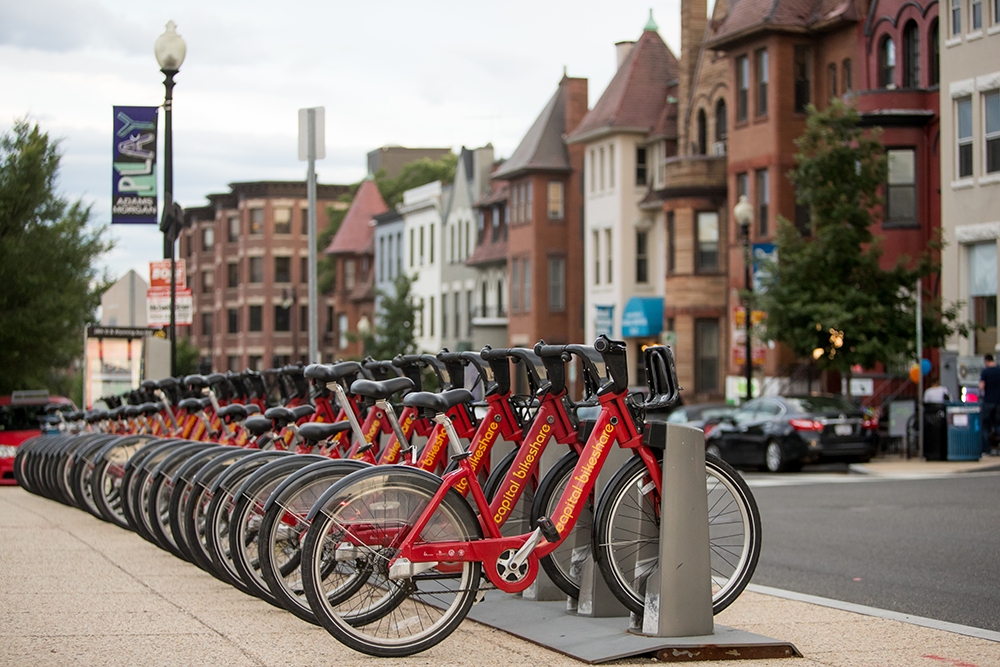D.C. is increasingly a bicycle-friendly city. As traffic congestion worsens with the influx of new residents and housing costs push people further away from job centers, many commuters in D.C. are turning to biking to work as an expedient alternative. Everyone from city planners to climatologists to health experts are lauding the benefits of ditching the car and dusting off the old ten-speed.
The expansion of bike lane infrastructure accelerated about eight years ago under Mayor Adrian Fenty, who created space for cyclists to travel safely on shared roads. In 2016, nearly 17,000 cyclists regularly rode to work, constituting about 5% of the city’s commuters. This burgeoning trend puts D.C. right behind Portland, Oregon as a cycling city.
But even as cyclists become commonplace on city streets, observers note that this bike-boom is demographically lopsided – most cyclists in this historically black city are white. According to a 2016 survey of Capital Bikeshare members, only 4% of their members were African-American, while Asian-American and Latino members comprised 7% each. White members made up 80% of membership.
Not surprisingly, many long-time D.C. residents consider bike-sharing services to be hallmarks of gentrification, a kind of service that announces impending and intrusive change. But city planners envision cycling as an everyday activity that should be accessible to everyone, instead of a specialized activity for only the hardcore.
It’s against this backdrop that Jubilee Housing is partnering with Capital Bikeshare to offer steeply discounted memberships to Jubilee residents and staff members.
“[Cycling] can be something the family does together,” said Christi Johnson, the Jubilee staff member responsible for helping residents sign up for the service. “Physical activity doesn’t have to be strenuous.”
Through Capital Bikeshare’s Community Partners Program, Jubilee Housing is among several D.C.-area nonprofits that is offering reduced membership fees for the people in its network. Though memberships are normally $85 a year, Community Partners participants who are 16 or older may pay an annual $5 fee and get unlimited rides on Capital Bikeshare bikes, which are stationed at docks throughout the city. The rides themselves are free, as long as the bike is docked again at any station within the hour. Bikes can then be rented again immediately. Along with the membership, riders receive a bike helmet, an introduction to the bike-share system, and free cycling classes with partner Washington Area Bicyclist Association, headquartered within Jubilee’s neighborhood footprint.
Partnering with Capital Bikeshare is a perfect fit for Jubilee’s mission. Capital Bikeshare was one of the first programs of its kind in the country, and studies show that bike-shares work best in high-density, mixed-use neighborhoods – in other words, exactly the kind of community Jubilee envisions for its justice housingTM model. There are bike stations within three blocks of every Jubilee Housing property.
“It’s a really great deal,” said Kevin Sharps, Vice President of Programs, who was the first in the Jubilee network to sign up. “I hope it makes biking more accessible for our residents.”

